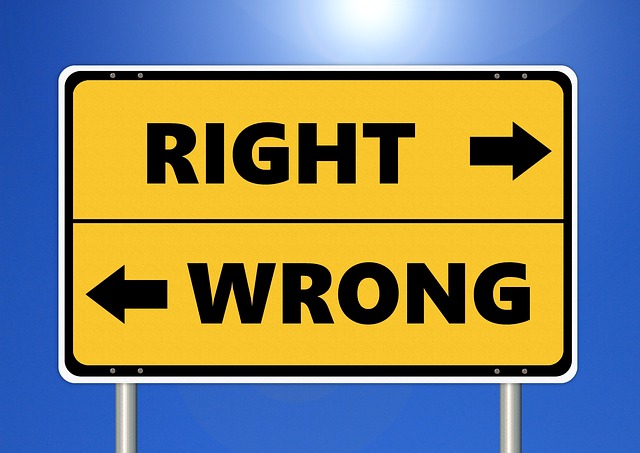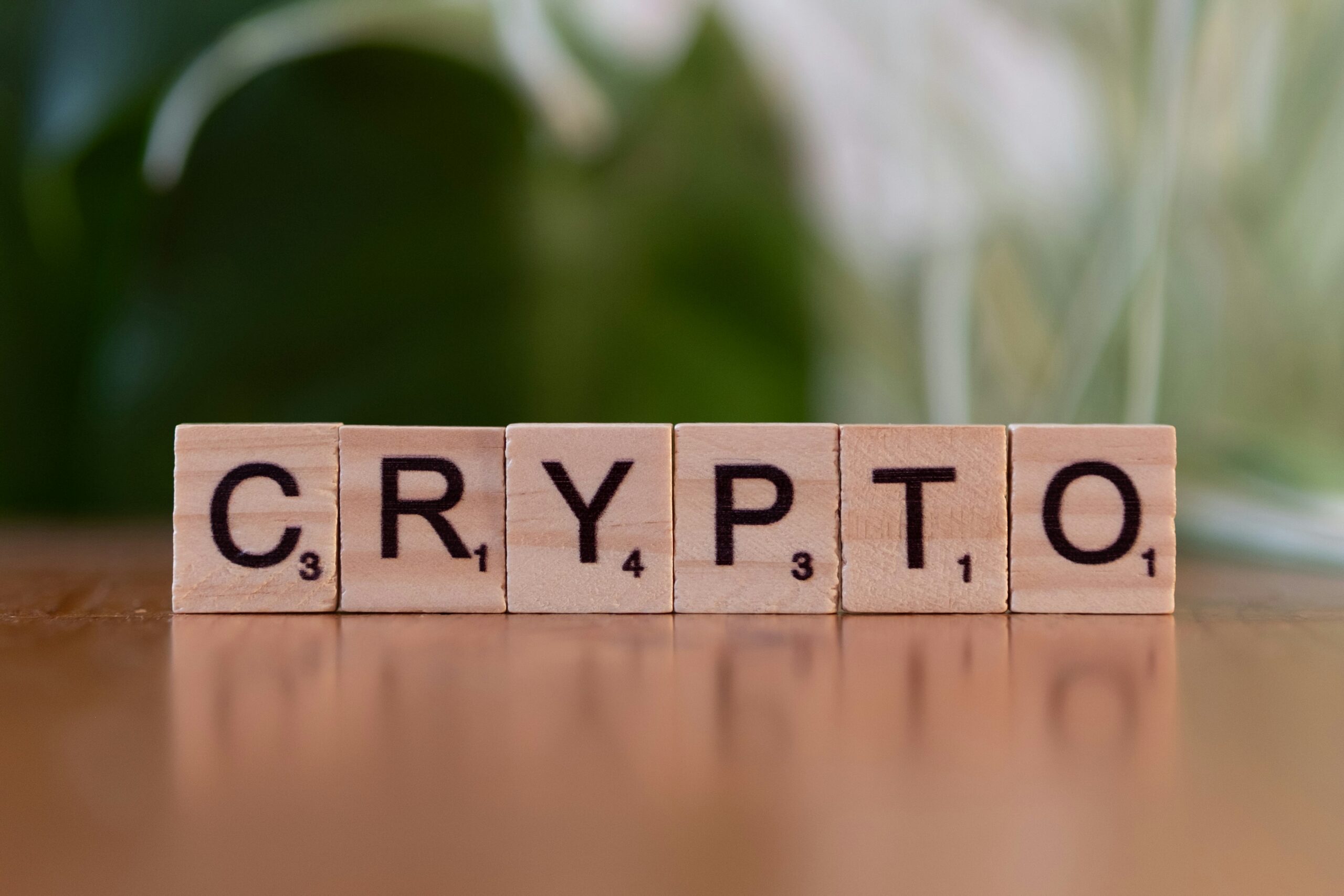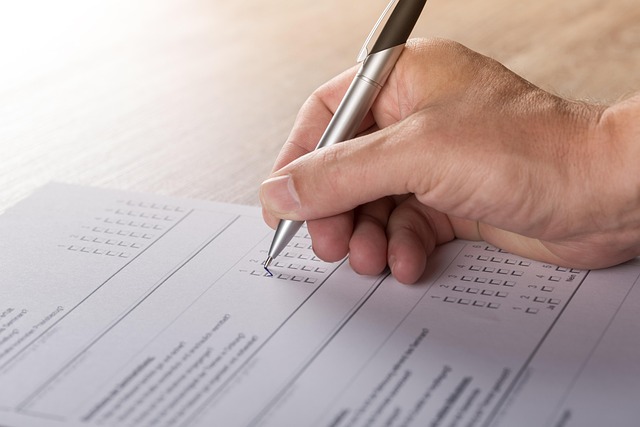Decentralized technology has outgrown its roots. What started as a niche experiment in finance is now quietly reshaping how information is stored, shared, and trusted online. It’s not just about Bitcoin or DAOs—it’s about questioning who holds power in our digital lives.
At the heart of this evolution are some big ethical questions. With decentralized tech, the promise is freedom: no central authority, no gatekeepers. But that freedom brings risk. Who steps in when no one’s in charge? Who’s accountable if things go wrong? Privacy, long taken for granted in Web2 platforms, is being redefined—sometimes strengthened, sometimes stripped—in ways most users don’t fully grasp.
In 2024, the stakes are higher than ever. Companies are adopting decentralized frameworks not just for edge appeal, but for functional infrastructure—from content delivery to identity verification. As lines blur between openness and security, creators, users, and builders face tough calls. The battle isn’t just technical—it’s human. Control, community, safety, and trust are all in flux. And the outcomes will define the digital landscape for years ahead.
The Illusion of Open Networks
In theory, the decentralized web was supposed to flatten the playing field. No borders, no permissions—just an open network where everyone had a voice and access was equal. That was the pitch. And for a moment, it almost felt true.
But look closer.
Today’s decentralized platforms often trade billion-dollar corporations for equally powerful actors in disguise: early developers with commit keys, venture-backed whales, and governance models that offer open voting—but only for the well-funded. Behind the branding of decentralization are quiet hierarchies. Some decisions get made in Discord backchannels or private Telegram groups long before the wider network catches wind.
This doesn’t mean decentralization is dead. It means we’re still working out what it really is. Right now, there’s tension: between the ideal of trustless tech and the reality of human nature. Building systems without gatekeepers is hard when the same dynamics—wealth, influence, insider access—slip back in through the side door.
The movement isn’t lost. But if we want to keep its promise alive, we’ll need to keep calling these power structures out. Otherwise, all we’re doing is swapping suits for pseudonyms.
Transparent Ledgers vs. User Privacy—Where’s the Ethical Balance?
The tension between transparency and privacy isn’t new—but in decentralized finance (DeFi) and DAOs, it’s gone from theoretical to urgent. Public blockchains deliver full visibility: anyone can trace funds, verify transactions, and audit community votes. That’s great for trust. But it turns privacy into a luxury. Wallet addresses aren’t names, but over time, patterns form. Doxxing becomes easy. Surveillance, even easier.
Anonymous transactions can be a shield—a means for whistleblowers, dissidents, or journalists operating under threat. But they’re also used by scammers, money launderers, and exploiters looking for a back door. The tool is neutral. The use isn’t.
DAOs bring it into sharp relief: Should every governance vote be public? Should contributors be forced to reveal identities to get paid? In practice, many DAOs are split. Total transparency creates accountability—but it can also kill participation if members fear exposure or harassment.
Bottom line: decentralization doesn’t remove human dilemmas. It magnifies them. Builders in DeFi and DAO spaces are going to face some hard choices. Privacy isn’t optional—but neither is integrity. Navigating that line is the work.
The shift toward decentralized platforms sounds great in theory—open access, fewer gatekeepers, total control. But there’s a catch: no one’s really in charge. That absence of central enforcement has opened the door for bad actors and rug pulls to become more common than anyone would like to admit. Trust, once brokered by platforms and policies, is now a DIY project—and it’s messy.
The big question is whether code can truly replace trust. Smart contracts promise fairness, but they’re still written by humans, and bugs or loopholes can and do get exploited. Without a centralized authority to step in, grievances often go unresolved, and reputations crumble quietly.
That’s where decentralized dispute resolution and governance are trying to step up. Some communities are experimenting with DAOs, token-based voting, or neutral mediators backed by smart contracts. No one has cracked it yet, but the push is on. Vloggers building on-chain identities or working through Web3 platforms need to stay sharp—not just technically, but ethically. In this space, it’s resilience, not just decentralization, that builds lasting systems.
Enabling Global Financial Access—or Digitally Colonizing the Unbanked?
There’s a fine line between innovation and imposition. Decentralized tech—blockchains, crypto wallets, peer-to-peer finance—is often pitched as the key to unlocking financial access for the billions still outside traditional banking systems. And in many cases, that promise is real: lower remittance fees, borderless currencies, and tools that let people participate without government mediation.
But let’s not pretend it’s all neutral. When western-born platforms sweep into developing markets under the banner of disruption, the question becomes: access for whom, and on whose terms? If protocols are designed without the voices of the people they claim to empower, we’re not solving exclusion—we’re just changing the gatekeepers.
Tech gaps aren’t always shrinking. Sometimes, decentralization tosses complex tools into communities without support or protection. Lack of digital literacy, language hurdles, bad UX—these all widen the chasm instead of closing it. Equity doesn’t happen by default.
The fix isn’t harder tech, it’s smarter design. Ethics has to be built into the UI, the roadmap, the community incentives. This means local devs in the room, accessible interfaces, fair governance, and leaving extractive models at the door. Financial inclusion should empower people to own their data, not become the product again—just on-chain this time.
Blockchain’s Energy Problem: Has It Gotten Better?
For years, blockchain tech was the punching bag of environmental critics—and not without reason. The energy demands of Proof of Work (PoW) systems like Bitcoin’s mining farms were astronomical, often drawing more power than small nations. But in 2024, the story has changed—at least partly.
Ethereum’s full transition to Proof of Stake (PoS) in late 2022 was a key turning point. It slashed the network’s energy usage by over 99%, proving that decentralized systems didn’t have to be energy hogs. Since then, more blockchains have followed suit or launched with alternative consensus mechanisms aimed at being lighter on the grid.
The ethical debate between PoW and PoS still lingers. PoW advocates argue that its decentralized security model is worth the energy cost. PoS critics question fairness—more stake, more power—but admit the environmental impact is undeniably better. Right now, PoS wins the sustainability vote, hands down.
Meanwhile, the broader blockchain community—from Layer 1 teams to NFT creators—is leaning into sustainability. Carbon offset partnerships, cleaner data centers, and green token initiatives are more common. It’s not perfect, but it’s progress.
Blockchain’s energy footprint isn’t spotless, but it’s steadily shrinking. The days of defending excessive energy burn as a necessary evil are nearly over. In their place: cleaner, smarter chains built for longevity.
Ethical frameworks in emerging tech—do they even exist yet?
Tech moves fast. Ethics doesn’t. The result? A constant game of catch-up where innovation usually crosses the line before anyone’s drawn it. In spaces like AI, blockchain, and immersive media, many creators and developers are asking the same question: who’s keeping track of what’s “good” vs. just “legal”? Spoiler—there’s no easy answer.
Most platforms and companies slap together codes of conduct or trust & safety guidelines after backlash hits. But that’s not a framework—it’s fire control. Without a shared ethical language, everyone ends up building in silos, chasing what works rather than what’s right.
Community-led design: a path forward
What’s starting to shift is who’s invited into the room. Instead of top-down policies, there’s growing momentum around community-led models. These bring users, designers, marginalized voices, and ethicists into the blueprint from the start—not as an afterthought.
It’s slower, yes. But more resilient. More human, too.
Emergent tech needs more kitchen table conversations and fewer closed-door labs. Because the next bull run or viral platform will shape public life—whether or not it labels itself “ethical.”
If you want to see where some bets are being placed, check out this parallel track: Top Crypto Analysts Share Predictions for the Next Bull Market.
Final Thoughts: Ethics in the Decentralized Era
Decentralization promises freedom—less control by big platforms, more power to individuals. But power alone doesn’t make things better. It makes values more important.
In vlogging and beyond, creators are steering new systems. There’s no central gatekeeper now; it’s on you to decide how your content impacts others. Are you building community or exploiting it? Are you being transparent or gaming trust? These things matter more than ever when the rules are still forming.
Investors, too, need to think past profit. Funding the loudest voices without regard for ethics just replicates the same broken models decentralization claims to disrupt. Real innovation comes from backing creators who lead with both clarity and conscience.
For everyday users—the viewers, sharers, commenters—you’re part of the architecture. What you watch, what you signal, what you tolerate—it all gets built into the next version of the internet.
This isn’t just about riding a trend. It’s about shaping one. So let this be the call: build with intention, not just innovation. The future of digital culture depends on it.



